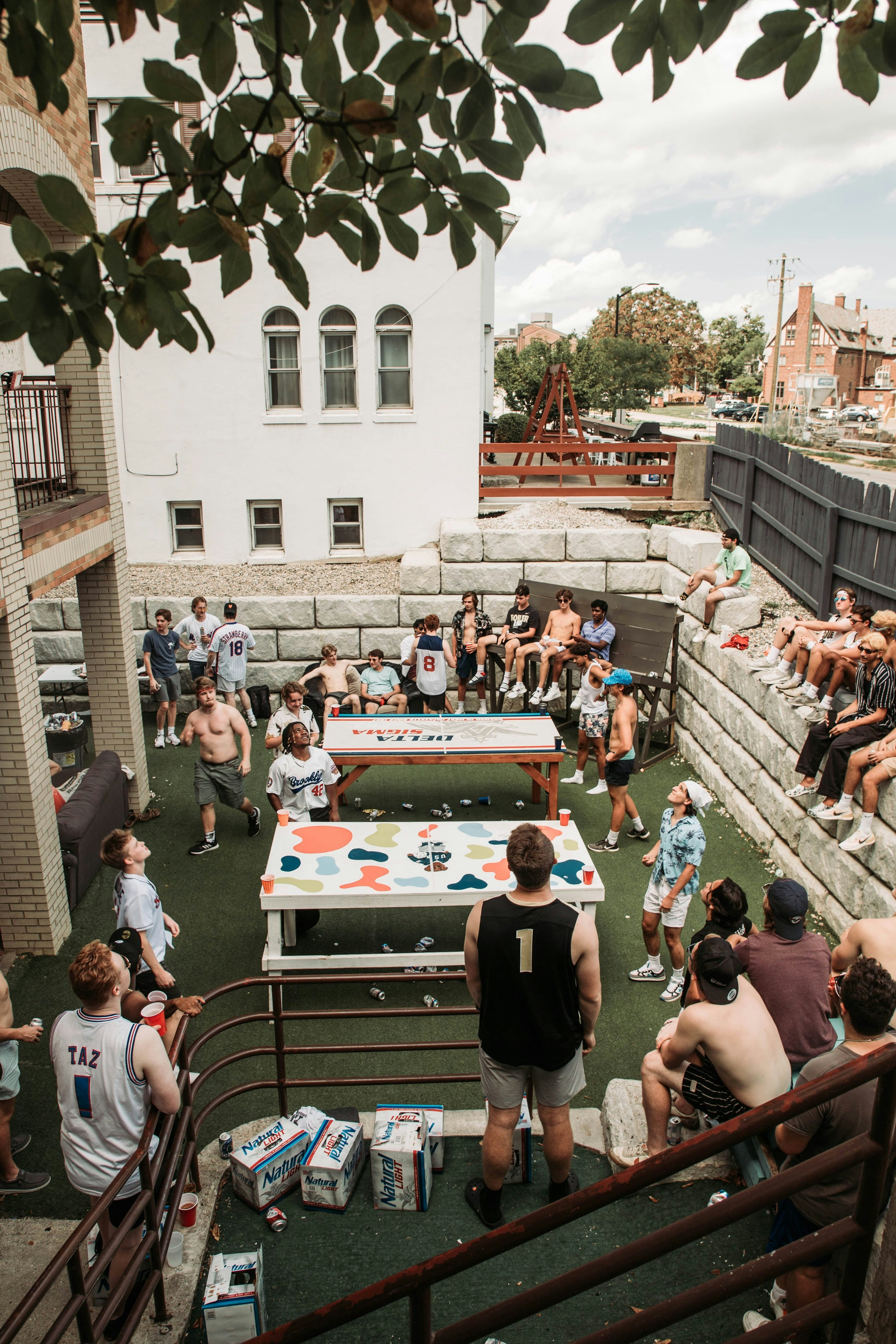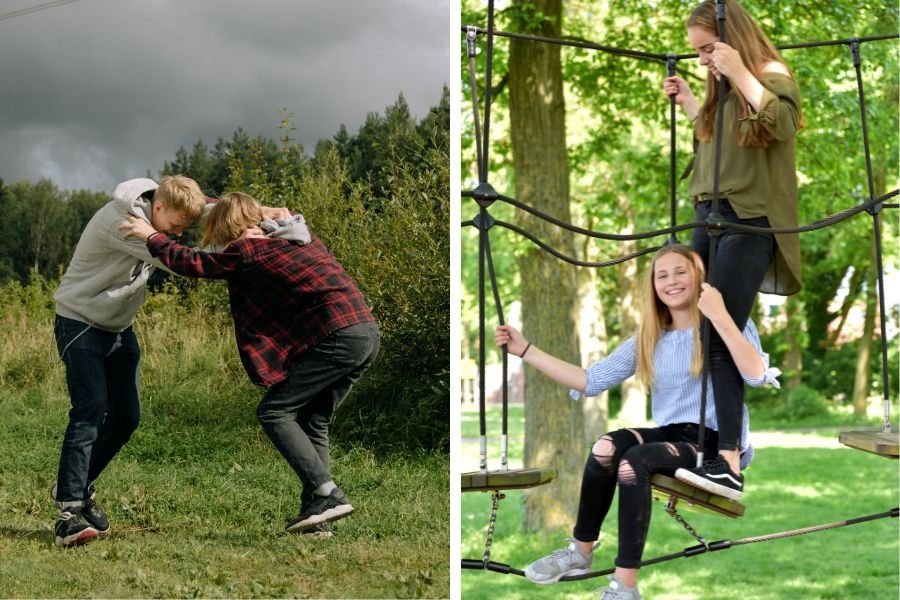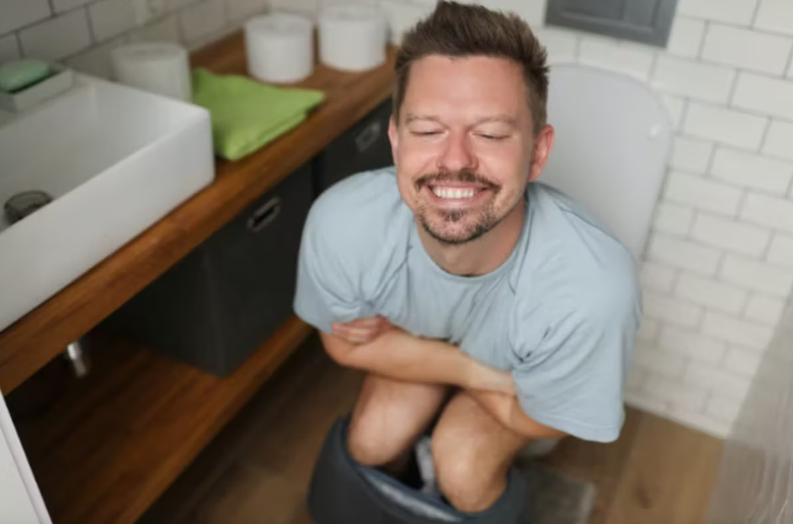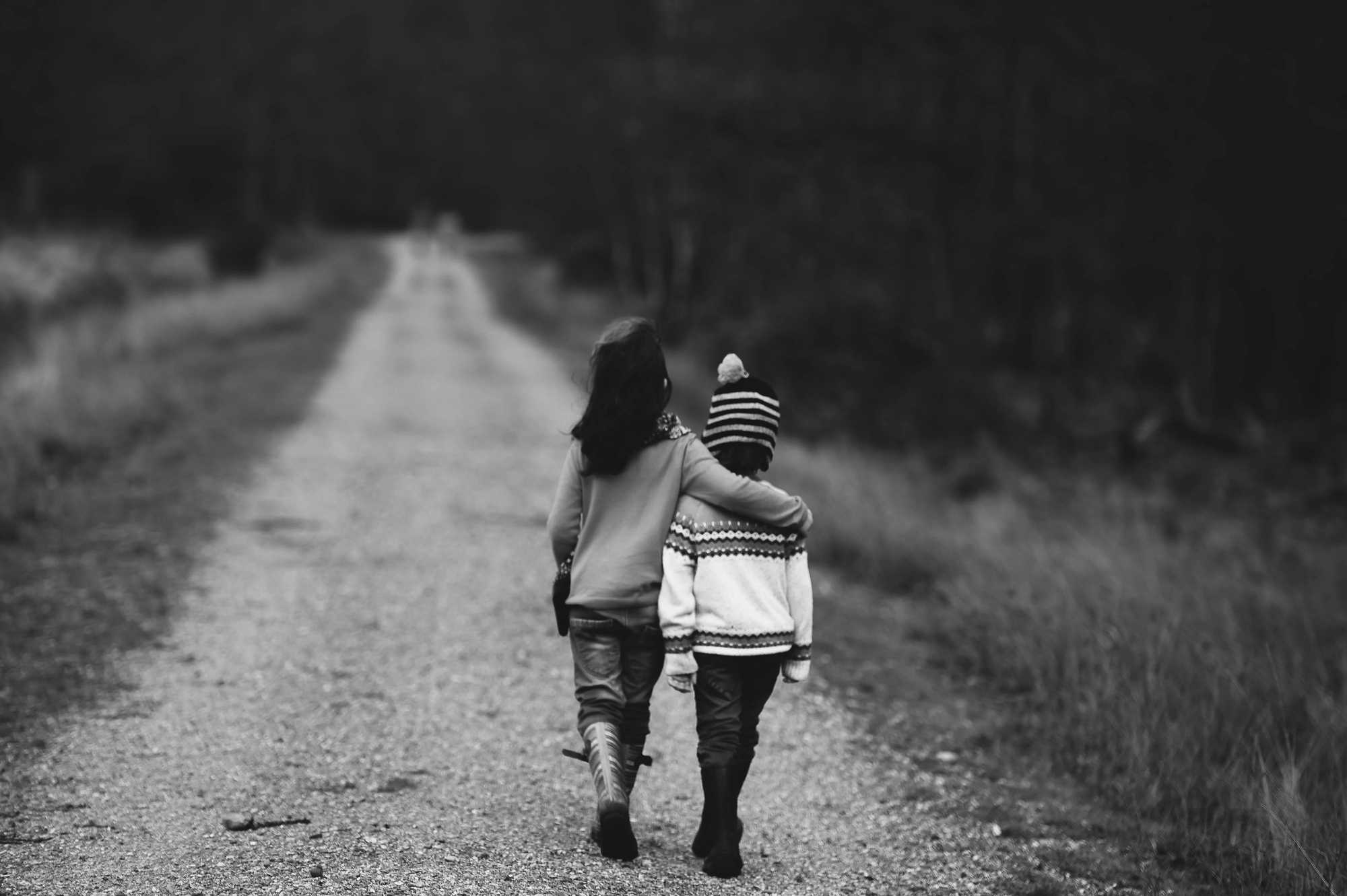In 2016, Boys Alone (Social Experiment Documentary) took 10 boys ages 11-12 and left them unsupervised in a house for five days. Before the boys were left alone they were given cooking classes and other life skills lessons to give them all a more even starting ground.
They repeated the social experiment with girls in Girls Alone (Social Experiment Documentary). The girls are given the same life skills lessons as the boys before being left to their own devices for the better part of a week. Both groups of children were left with cameras watching their every move as adults monitored from outside of the home. But there was no interference and when the camera crew was present they did not interact or attempt to parent the children in any way.
Recently clips of these experiments resurfaced on social media when a guy with the username Mr. Cult Daddy uploaded it to share with his 508k followers. His condensed version of the clips along with his commentary gave viewers a quick overview of the vastly different results.
“Imagine this, 10 boys all from the ages of 11 and 12 were put into a house with no adult supervision for five days. And if you heard me say that and thought to yourself that sounds like a total ‘Lord of the Flies’ situation, you’re not wrong because it did not take long for them to completely descend into chaos,” the creator shares.

He explains that the boys essentially destroyed the house by drawing on the walls, flipping furniture and “trashing everything.” The boys didn’t use their new cooking skills, relying solely on snacks and sodas. Eventually the chaotic fun turned into power struggles, breaking into different groups fighting each other, even tying someone to a chair.
“But what’s interesting about this whole thing is just how quickly their social structure that they developed just completely fell apart. What started out as excitement turned into isolation depression,” the man says.
The TikTok creator jumps into sharing the commentary from others around the societal expectations of boys being able to get away with more which people feel had an impact on the way these boys behaved. On the flip side, the girls experiment had wildly different results. The girls were the same age as the boys but instead of immediately descending into chaos, they actually worked together.
One commenter writes about the boys, “Grown men live like this too. It’s not an age thing,” with another person saying, “That’s the least shocking outcome ever.”

“As we know the boys descended into chaos relatively quickly so you might say to yourself, ‘oh we can expect the same things from these girls,’ no. From the start the girls organize themselves. They made a freaking chore chart, took turns cooking, cleaning. meals were planned, they didn’t just survive off the snacks like the boys did. They really created this team,” he shares.
The girls also painted on the walls but it was productive paintings like murals and not painting to make a mess. Evidently the girls all worked together and provided each other emotional support according to the creator. They even cleaned the house before they left. It would seem that people in the comments were not at all surprised by the stark contrast between the girls and boys experiment.
One woman tells the creator, “by 12 I could have run a whole household.”
“I think it’s probably 15-20% prefrontal cortex and 75-80% conditioning. I was expected to wash the dishes every night by myself from a young age while my male sibling went to bed. I was made to do his homework, even tho I was 2y younger, so he’d have free time to “be a typical boy.” I’m the reason he passed elementary school, but I refused after that and his grades crashed,” another woman reveals.

“I think it shows the difference in raising. Girls are taught to behave, be smart. Boys tend to be spoiled by moms and dads. They don’t usually receive the learning of being nice, cordial,” someone else shares.
“It’s conditioning (at least 80%) my brother is 9 years older and I had to teach him how to do his own laundry when I was 14 (he was ripe ol’ age of 23) bc my mom taught me from a young age and didn’t,” one commenter explains.

While many people agree that the culprit is social conditioning combined with brain development while others pointed out that it may simply be American culture. That also likely plays a large role in the outcome of these experiments, but what do you think? If the experiment was completed again today, would the results be the same?
You can watch the entire boys experiment here and the girls experiment here.
This article originally appeared last year.































